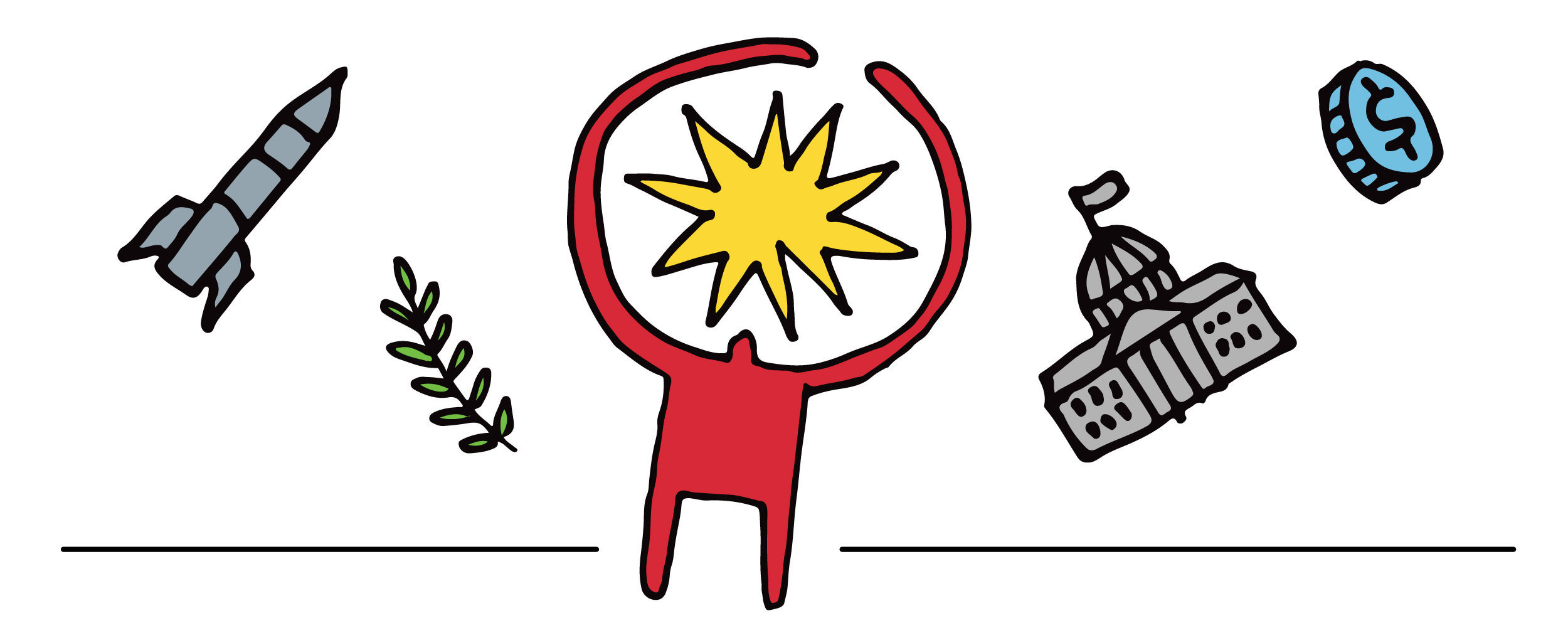Here in the US, we’re just catching on to the idea of creating a foreign policy that lifts up our middle class, but China’s been at it for decades. On this episode, we dig into China’s rise. What’s worked, what hasn’t, and where it might go next.
Listen and subscribe now on Apple Podcasts, Stitcher, Spotify, Pocket Casts, or wherever you get your podcasts to receive a new episode every two weeks.
GUESTS: Ethan Lee, Stanford University (Student); Ali Wyne, Eurasia Group; Scott Rozelle, Stanford University; Peter Lorentzen, University of San Francisco.
ADDITIONAL READING:
The World China Wants, Rana Mitter, Foreign Affairs.
Invisible China: How the Urban-Rural Divide Threatens China’s Rise, Scott Rozelle, University of Chicago Press.
Foreign Policy Lessons From Brown v. Board of Education, Ali Wyne, Inkstick Media.
‘Mulan’ and China’s Approach To Soft Power Through Hollywood, Ethan Lee, Inkstick Media.





















